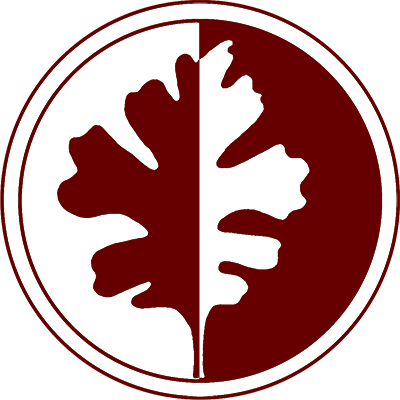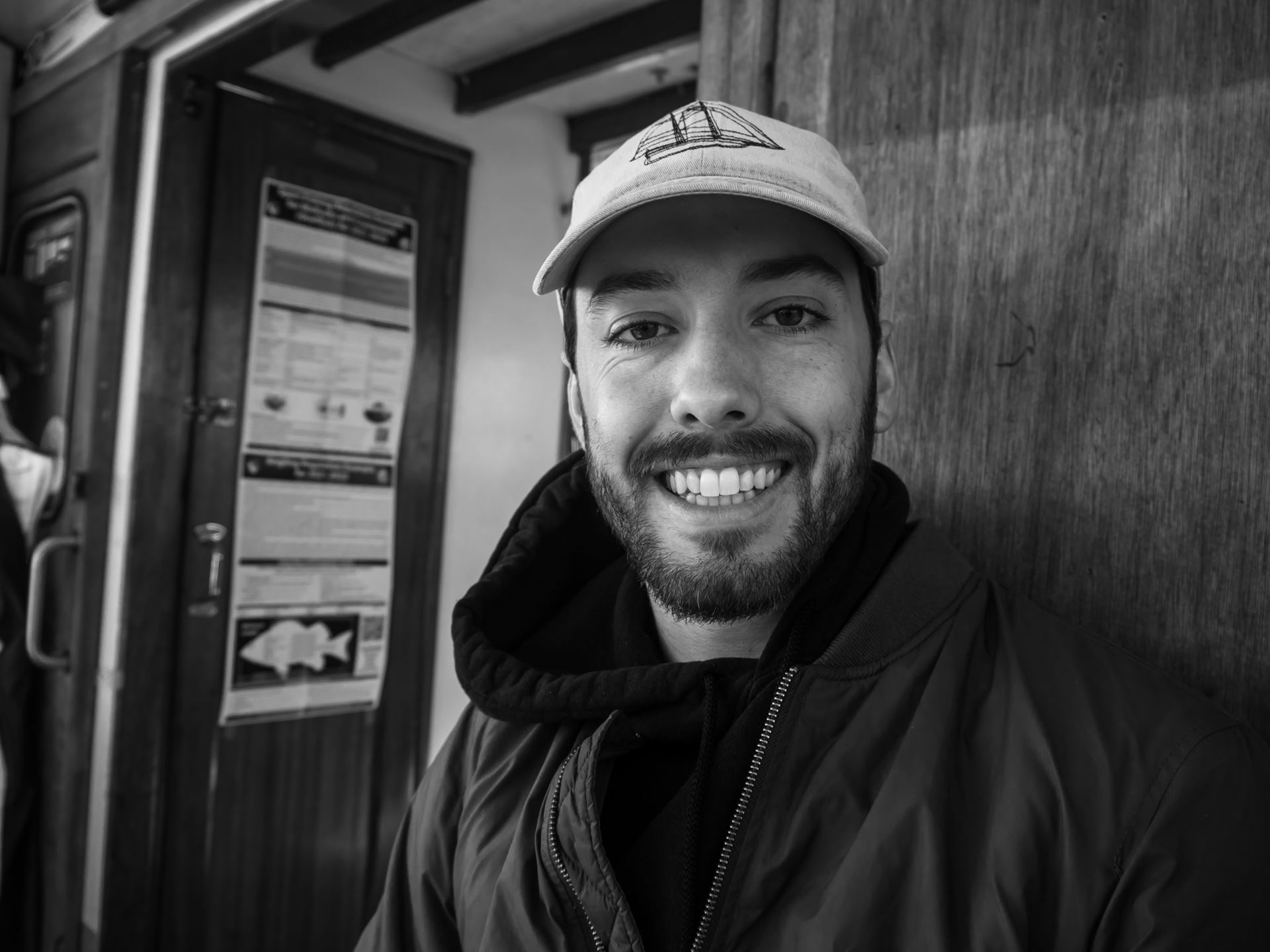SCA MEETING AWARD WinnerSDavid A. Fredrickson Lifetime Achievement Award General Provisions for awards |
2024 David A. Fredrickson Lifetime Achievement AwardThe Lifetime Achievement Award is given for cumulative contributions to California archaeology that have spanned a lifetime and are therefore reserved for the elder members of our profession.
Joan schneider
|
2024 - Joan Schneider 2021 - Kent Lightfoot 2020 - Julia Bendímez 2019 - Julia Costello 2018 - Randy Milliken 2017 - Shelly Davis-King 2016 - Terry L. Jones 2015 – Michael J. Moratto 2014 – Susan M. Hector 2013 – Glenn J. Farris 2012 – Andrew Yatsko III* | 2011 – Joseph Chartkoff* | 1996 – Claude Warren* 1995 – Francis Riddell* 1994 - Roberta Greenwood* 1993 – David Frederickson* 1992 – D. L. True* 1991 – Lawrence Dawson* 1990 – James A. Bennyhoff* 1989 – Bert A. Gerow* 1988 – Phil C. Orr* 1986 – Albert Elsasser* 1985 – Franklin Fenenga* 1984 – Paul Ezell* 1983 – William J. Wallace* 1982 – Emma Lou Davis* |
2024 California Indian Heritage Preservation Award |
2024 - Dirk Charley
2023 - Corrina Gould 2022 - Hon. Ron W. Goode 2021 - Nick Tipon 2020 - No Nomination 2019 - Valentin Lopez 2018 - Bill Madrigal, Sr. 2017 - Reba Fuller 2016 – Ernest and June Siva 2015 – Robert B. Burns 2014 – LeiLyn Odom 2013 – Linda Yamane 2012 – Gregg Castro |
2011 – Northwest Indian Cemetery Protective Association
2010 – Cindi Alvitre 2009 – Jay Johnson 2008 – Charlie Cooke 2007 – Dwight Dutschke 2006 – Julia Parker 2005 – Patrick Orozco 2004 – Carmen Lucas 2003 – Larry Myers 2002 – Preston Jefferson Arrow-weed 2001 – Otis Parrish 2000 – Katherine Siva Saubel |
2024 - Eric Wohlgemuth 2022 – Kelly McGuire 2021 – no nomination 2020 – Californian State Parks 2019 – Lynn H. Gamble 2018 – Mark W. Allen 2017 – Jon Erlandson 2015 – William R. Hildebrandt 2014 – Victor Golla 2013 – Dwight D. Simons 2012 – Randy T. Milliken, Al Schwitalla, and Pacific Legacy 2011 – Don Laylander 2010 – Kent Lightfoot and Otis Parrish 2009 – Greg White 2008 – Terry Jones and Kathryn Klar | 2007 – Robert L. Bettinger 2006 – Jack Meyer and Jeff Rosenthal 2005 – Irving Friedman and Robert L. Smith 2004 – Michael Moratto/Joseph Chartkoff 2003 – Thomas N. Layton 2001 – Glenn Farris 2000 – Richard E. Hughes – Randy Milliken 1998 – Sylvia Vane 1997 – Mark Sutton 1996 – Malcolm Margolin, News from Native California 1995 – Coyote Press: Gary S. Breschini and Trudy Haversat 1994 – Roy Salls 1993 – Phil Wilke 1992 – Jonathan O. Davis 1991 – W.I. Follett 1990 – Lavinia C. Knight |
2024 Mark Raymond Harrington Award for Conservation Archaeologydon laylander
|
2024 - Don Laylander
2023 - Beverly R. Ortiz 2022 – Barbara Tejada 2021 – Mark G. Hylkema 2020 – No Nomination 2019 – Richard A. Gould 2018 – Daniel F. McCarthy 2017 – Gary Breschini & Trudy Haversat 2016 – Amy Gilreath 2015 – Dr. Patricia C. Martz 2014 – Jerry Hopkins 2013 – Dan L. Mosier 2012 – Greg Greenway 2011 – Adrian Pratezellis 2010 – Department of Transportation (Caltrans) 2009 – Beth and Chris Padon 2008 – Janine McFarland 2007 – The Eleven Autonomous Bands of the Pit River Tribe 2006 – California Department of Forestry and Fire Protection 2005 – Julia Bendímez Patterson 2004 – Carolyn Shepherd 2003 – Beth and Chris Padon 2002 – John R. Johnson | 2001 – Paul Chace |
2024 - No Nomination 2022 – Sierra Mono Museum and Cultural Center 2021 – Mary & Martin Jespersen 2020 – No Nomination 2019 – Astrid and Samuel Webb 2018 – Los Padres National Forest Partners in Preservation 2017 – Paul Peterson 2016 – No nomination 2015 – Gary A. Garrett 2014 – Jon Harman 2013 – Chinese Historical and Cultural Project of Santa Clara County, Inc. 2011 – Pacific Coast Archaeological Society 2009 – Nevada Rock Art Foundation 2008 – Colorado Desert District Archaeological Site Stewardship Program | 2007 – Santa Clara County Archaeological Society 2006 – Ventura County Archaeological Society 2005 – San Diego Archaeological Center 2004 – Colorado Desert Archaeological Society 2003 – Pacific Coast Archaeological Society 2002 – Kern County Archaeological Society 2001 – Coastal Marine Archaeological Resources 2000 – Luther and Betsy Bertrando, San Luis Obispo County Archaeological Society 1999– Sacramento Archaeological Society 1998 – Archaeological Survey Association of Southern California 1997 – Fort Guijarros Museum Foundation 1996 – Friends of Sierra Rockart 1995 – Santa Cruz Archaeological Society 1994 – San Diego Archaeological Society 1993 – Fresno Archaeological Society |
2024 The SCA Award for Excellence in Cultural Resource Management
The SCA Award for Excellence in Cultural Resource Management is given to an individual who shows outstanding leadership in the field of cultural resource management. Award Recipients: |
2024 - Myra Herrmann 2022 - CA State Tribal Historic Preservation Officers (THPOs) 2021 – Clayton Lebow 2019 – Elaine Sundahl 2018 – Randall Dean 2017 – Robert Jackson 2016– Susan Goldberg 2015 – Tina Biorn 2014 – Marie Cottrell 2013 – Randy S. Wiberg 2012 – Michael P. Sampson 2011 – Janet Eidsness | 2010 – Far Western Anthropological Research Group 2008 – Trish Fernandez 2007 – Information Centers of the California Historical Resource Inventory System 2006 – Stan Berryman 2004 – C. William Clewlow, Jr. 2003 – Adrian Praetzellis 2002 – Dwight Dutschke and Hans Kreutzberg 2001 – David Whitley 2000 – Michael J. Moratto 1999 – Brian Byrd 1998 – Thomas F. King |
2024 Golden Shovel Award
|
2024 Outstanding Student Paper Award & Poster Awards |
2024 - Kristina Moore 2022 – Kimberly Algya 2021 – no award 2020 – Kyle Palazzolo 2019 – Noel Jones 2018 – Noel Jones and Katherine Jorgensen 2017 – Nichole Fournier 2016 – Lisa Bright 2015– No Award 2014 – Samuel J. Williams 2013 – Mikael Fauvelle 2012 – Kristina Gill | 2011 – Karen Gardner 2010 – Joe Griffin 2009 – Jarrod “X” Kellogg 2008 – Melanie Beasley 2007 – Tsim D. Schneider and Adrian R. Whitaker 2006 – Victoria Stosel 2005 – Shannon Tushingham 2004 – Clarus J. Backes, Jr. 2002 – Nathan Stevens 2001 – Alexander DeGeorgey |
Award Recipients: 2024 - No Award given 2022 - Jeremy McFarland 2022 - Liz Neic 2021 - Erica J. Bradley 2019 - Kristina Crawford 2018 – Brian Barbier 2018 – Nichole Fournier | 2017 - David C. Harvey 2016 - Gregory R. Burns 2016 - Susan D. Talcott 2015 - Allison Hill 2014 – No award given 2013 – Carly Whelan 2012 – Devin L. Snyder 2011 – Kristina Gill 2010 – Melanie Beasley 2009 –John Schlagheck 2008 –Terry Joslin 2007 – Donna Gillette | 2006 – Elizabeth Sutton 2005 – Allika Ruby 2004 – Deanna Grimstead 2004 - Brandon Patterson 2003 – Shannon Tushingham 2002 – Alexander Degeorgy 2001 Kathleen Hull 2000 Torbin Rick 1999 Sharon McFarland 1998 Eric Wohlgemuth 1997 – Rene Vellanoweth 1996 – Nelson Siefkin |










